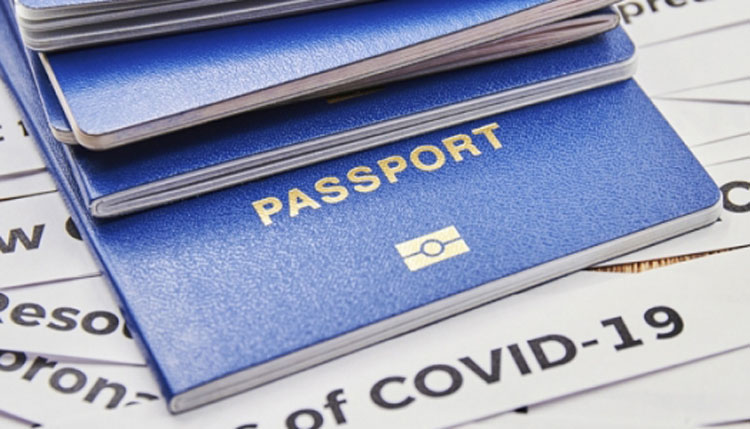The Diplomat
Permanent representatives of the 27 EU member states yesterday approved a European Commission proposal to reopen the Union’s external borders to travelers from third countries who have been immunized against COVID-19 with vaccines approved by the European Medicines Agency (EMA) or the World Health Organization (WHO).
The decision of the ambassadors, which will probably be formalized today by the Council of Trade Ministers, establishes that tourists who have received full doses in non-EU countries where vaccines approved by the EMA (BioNTech/Pfizer, Moderna, AstraZeneca and Janssen), as in the case of the United States or the United Kingdom, or by the WHO (the Chinese vaccine Sinopharm), will be able to enter the EU.
With this measure, the representatives of the States are giving the green light to a proposal presented on May 5 by the European Commission to reactivate the economy and tourism for this coming summer. Under this proposal, travelers from third countries who have been fully vaccinated at least fourteen days before the start of their trip will be able to enter the EU. In any case, the opening of external borders will only apply in EU Member States that are already taking vaccinations into account as a condition for lifting quarantines or that require PCR tests from other European partners. The aim of this clause is to avoid privileged treatment of third country nationals to the detriment of EU citizens themselves.
The decision will relax the current restrictions on non-essential travel from beyond the EU’s external borders and will favor the interests of the countries most dependent on tourism, such as Spain, Portugal, Italy and Greece. It also coincides with the negotiations currently being carried out by the Council and the European Parliament to move forward with the digital green certificate, an initiative of the Greek Prime Minister, Kyriakos Mitsotakis -and supported by Spain and other countries-, which could come into force on June 1.
At present, the EU has a list of just ten countries that are allowed to enter for non-essential reasons: Australia, New Zealand, Rwanda, Singapore, South Korea, Thailand and China, the latter at the expense of Beijing’s compliance with the principle of reciprocity (which it is not doing). In addition, Israel joined on May 5.
In all these countries, the cumulative incidence rate of infection is 25 cases per 100,000 inhabitants in the last fourteen days. Precisely, the Member States have also revised upwards the minimum incidence rate of the virus that will be required to accept entry into the EU, from 25 to 75 cases per 100,000 inhabitants. The decision of the ambassadors establishes common criteria for all EU states, but also establishes that the governments (which are exclusively responsible for managing their own borders) will have the capacity to prevent entry or to apply other restrictions from third countries in the event of an increase in infections or the detection of new variants.







